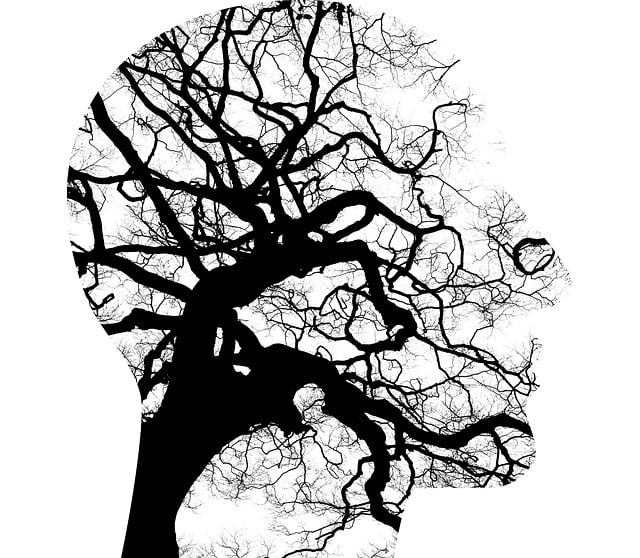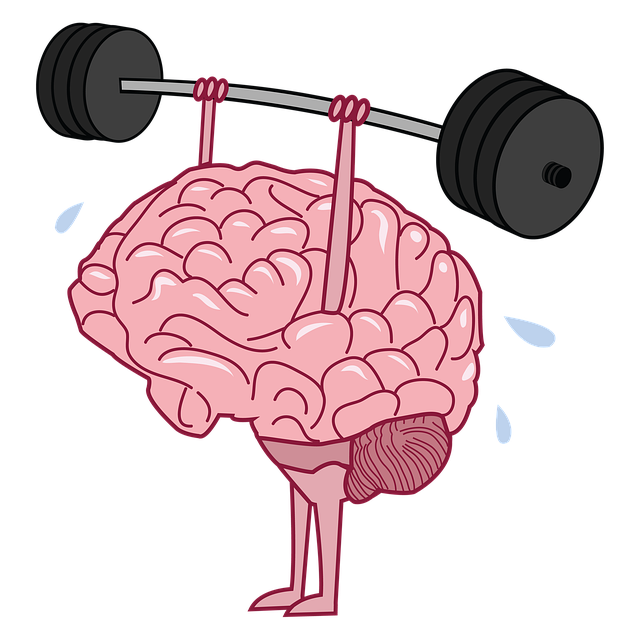In Colorado Springs, where access to mental health care is limited, stigma prevents many from seeking help. Colorado Springs Anger Management Therapy offers a powerful solution by addressing underlying emotional issues, promoting healthy anger expression, and fostering positive thinking. This specialized approach reduces stigma, empowers individuals with mental illness, and contributes to community education and improved mental health services. Combining educational initiatives and therapeutic interventions creates an inclusive society that supports those facing mental health challenges.
In Colorado Springs, mental illness stigma continues to impede access to care and contribute to widespread suffering. This article delves into the profound impact of this social burden on the mental health landscape of the city. We explore a comprehensive approach to reducing stigma, highlighting effective strategies from public education campaigns to policy changes. Furthermore, we focus on the specific role of Colorado Springs Anger Management Therapy in dismantling barriers associated with mental illness, offering a glimmer of hope for a more supportive community.
- Understanding the Impact of Stigma on Mental Health in Colorado Springs
- Strategies for Reducing Stigma: A Comprehensive Approach
- The Role of Anger Management Therapy in Overcoming Stigma
Understanding the Impact of Stigma on Mental Health in Colorado Springs

The impact of stigma on mental health is profound, especially in communities like Colorado Springs where access to quality care can be limited. Stigma often manifests as prejudice and discrimination against individuals living with mental illness, creating a barrier to seeking treatment and support. In Colorado Springs, anger management therapy has emerged as a crucial tool in combating this issue. By providing specialized services that address underlying emotional issues, therapists help individuals manage their anger healthily, fostering positive thinking and reducing impulsive behaviors that can exacerbate mental health struggles.
This approach not only benefits the individual but also contributes to a broader Mental Health Policy Analysis and Advocacy effort. Through increased awareness and understanding of mental wellness, Colorado Springs can move towards a more inclusive and supportive environment where those facing mental illness feel empowered to seek help without fear of judgment or discrimination.
Strategies for Reducing Stigma: A Comprehensive Approach

Reducing stigma associated with mental illness is a multifaceted endeavor that requires a comprehensive approach involving various strategies. One effective method is education and awareness campaigns, where communities, schools, and workplaces can play a pivotal role by hosting workshops, seminars, and interactive sessions to demystify mental health issues. These platforms can help dispel myths and misconceptions while fostering empathy and understanding.
Additionally, integrating practices like mindfulness meditation into therapeutic frameworks has proven beneficial. Colorado Springs Anger Management Therapy, for instance, often incorporates mindfulness techniques to help individuals manage their emotions effectively. Such emotional healing processes not only reduce anger but also promote overall mental well-being, thereby contributing to stigma reduction. By combining educational initiatives and therapeutic interventions, we can create a more inclusive society that supports those facing mental health challenges.
The Role of Anger Management Therapy in Overcoming Stigma

Anger management therapy plays a pivotal role in reducing the stigma associated with mental illness, particularly in communities like Colorado Springs where awareness and understanding are crucial. This form of therapy addresses the intense emotions that often underlie mental health struggles, focusing on developing healthier coping mechanisms and improving interpersonal relationships. By learning to manage anger effectively, individuals can enhance their overall well-being and build resilience against stigma’s damaging effects.
In many cases, anger is a secondary response to underlying trauma or stress, and addressing it through specialized therapy provides a powerful tool for self-discovery and growth. Additionally, the structured environment of anger management programs allows participants to gain valuable insights into their behavior, fostering a sense of control and confidence. This boost in self-assurance can be transformative, encouraging individuals to actively engage with mental health support and advocate for themselves or loved ones facing similar challenges, thereby contributing to broader community education and understanding, including comprehensive trauma support services and improved risk assessment practices among mental health professionals.
In Colorado Springs, mental illness stigma reduction is a multifaceted endeavor. By understanding the profound impact of societal perceptions on individuals’ well-being, we can implement effective strategies such as education campaigns and supportive community initiatives. Furthermore, integrating specialized therapies like anger management treatment offers a promising path to overcoming stigma. Through these collective efforts, Colorado Springs can foster an environment that promotes mental health awareness, reduces prejudice, and ensures access to quality care for all residents in need of support.














